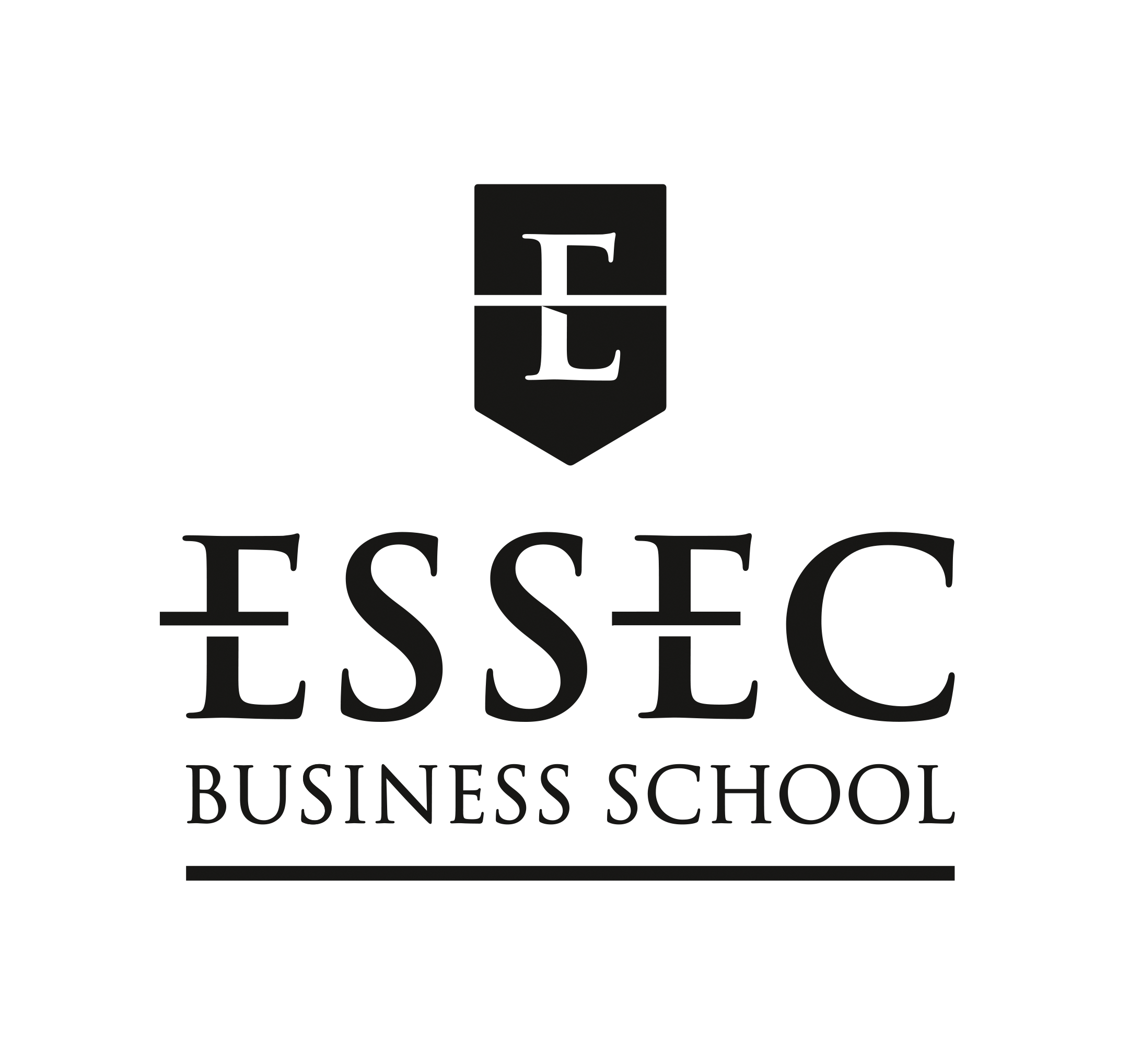2020 saw the wrecking ball of COVID-19 disrupt businesses across the globe. Hit by supply chain challenges and travel restrictions, growth dwindled, and many companies struggled to stay afloat.
Yet, despite the economic slowdown, graduates from the ESSEC Master in Strategy & Management of International Business (SMIB) at the Asia-Pacific campus overcame the odds to secure roles in areas like consulting, business development and sales, finance, marketing, and more in sectors such as health, ICT, energy and luxury.
Their success despite the odds is a testament to how a management degree, like from the ESSEC SMIB program, holds weight in the new normal.
Knowledge of Real-world Needs
This is partly because keeping pace with the rapid changes and uncertainty in the business landscape requires a flexible, multi-faceted approach—something management degree programs equip their students to do.
In the SMIB program at ESSEC Asia-Pacific, for instance, core modules like International HR Management, Introductory Finance, Business & Society, Intercultural Communication, and more ensure students develop a broad understanding of different business functions, so they can consider multiple perspectives as they strategize and problem-solve.
The curriculum also prepares students to tackle relevant industry trends like digitalization and sustainability. While the former involves specific modules that enable students to develop the digital skills needed, the latter includes special initiatives like Sustainable Week. As its name suggests, this immerses students in sustainability topics.
Hence, they create an awareness of the connection between the planet, profit, and people and appreciate this impact on their futures.
Practical Preparation for Industry
Another significant advantage of management degrees like the SMIB program at ESSEC Asia-Pacific is that lessons are rarely confined to the classroom.
Besides having classes taught by academics and industry professionals, there are projects like the Asian Strategy Challenge (ASC) and Company Mission, which involve teams of students working closely with ESSEC industry partners to solve their real-world business problems.
These projects span a few months, offering students opportunities to network and test their skills in the real world.
Testament to the success of these projects, Business Intelligence Analyst Keerthana Sreekanth Rao, who graduated from the SMIB program in 2020, leveraged her ASC experience with a start-up and knowledge from her private equity class to secure a role in venture capital upon graduation.
As part of the ESSEC Life Sciences Club, she also did a consulting project with the Phillips Healthcare Informatics business, which she eventually joined.
“I believe the fact that I understood more about the healthcare informatics team, the way they work, operate, and go about solving issues, contributed to me getting the job,” she shares.
Interpersonal Skills for the Future of Work
Notably, with trends towards hybrid work, quiet quitting, and great resignation, soft skills—like emotional intelligence, communication, and collaboration—are growing in importance in the workplace, making the cultural diversity and teamwork focus of management programs like the SMIB degree an asset in the increasingly interconnected workplace.
“Our class comprised students of different nationalities, so we had to change our approach and way of working to adapt to different cultures,” Charlotte Ysebaert, Execution Planner at The Estée Lauder Companies Inc. and alumna from the SMIB class of 2021, shares.
“The experiences and soft skills I gained in Singapore were factors that the Estee Lauder Companies were looking for and made me a good candidate for my job,” she says.
Perspectives that Cut Across Geographical Barriers
Last but not least, management programs like SMIB also stand out for how they build global study into the curriculum through a myriad of double-degree and exchange programs worldwide. This, coupled with the cohort’s diversity, ensures students graduate with an international perspective suitable for kickstarting careers worldwide.
Precious, for those keen on starting in the growing Asian region, the SMIB program classes taken at the ESSEC Asia-Pacific campus are also tailored to the Asian region. Through different examples and case studies, students are given a taste of what business is like in other countries, equipping them with a foundation to understand the business world they hope to enter.
Says Keerthana: “I believe for [those looking to transition to the business world], the SMIB program is perfect. It gives you the breadth of knowledge and the right exposure to different stakeholders within the Singapore ecosystem, which helps if you’re looking for roles in the country.”
RELATED POSTS
MMD Success Showcase with Prof. Gautam Kiyawat
Ranked #1 in Asia and #2 worldwide by QS in 2024, worldwide, learn about the MSc in Marketing Management and Digital (MMD) program and how the dual…
ESSEC Global BBA Students Share The Transformative Benefits of Travel
From finding inspiration to expanding their networks, hear from graduates on how traveling the world during the Global BBA program has transformed…
How Diversity Adds Depth to the ESSEC MiM Experience
Learn how the Master in Management program prepare students for global career success by fostering diversity and enhancing cross-cultural competence…
From Networking to Work Experience: How the ESSEC SMIB Gives Students an Edge
ESSEC Master in Strategy and Management of International Business students Shristi Khemka and Howie Chia testify that the program has shaped their…
Practical Lessons and Passionate Professors: The Impact of the MiM Experience
Student Ambassadors from different backgrounds testify to how faculty have made it easy to move into business school.
Green is the New Gold: Giving SMIB Students An Edge in Sustainable Finance
Sebastian Sohn shares why sustainability matters in the Sustainable Finance course for ESSEC Master in Strategy and Management of International…








